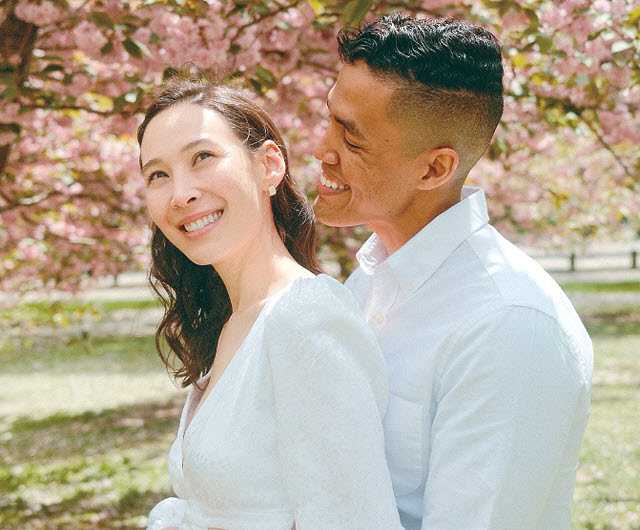“The Halfie Project,” an initiative that connects mixed-race Koreans and helps them explore their identity, is gaining significant media attention.
In its latest issue, Forbes magazine features Becky White, a Nebraska native born to a Korean mother and Caucasian American father, highlighting her growing initiative, which is capturing the interest of mixed-race Koreans worldwide.
“Halfie” in “The Halfie Project” means “half.” White explained in an interview with Forbes that she started to question her identity as a “half Korean” when her father’s job brought her to live in Seoul.

As an adult, White experienced discrimination as a mixed-race Korean while working at a major Korean company. This prompted her to seek answers to simple questions like “Who am I?” and “Where do I belong?” She shared her journey through YouTube videos, revealing her discoveries.
“Reading empathetic comments from Koreans who, despite previously having little interest in mixed-race Koreans, were inspired by her videos, motivated White to find and share stories of other mixed-race Koreans, leading to the creation of The Halfie Project.”
The Halfie Project’s website features White’s blog, photos, podcasts, and video interviews with people of mixed heritage. It includes stories like that of Cedric Stout, half Black and half Korean-American videographer and White’s fiancé, a French-Korean wine entrepreneur, a Moroccan-Korean model, and a Korean-Indian singer raised in Beijing.
“When I first started the Halfie Project, I had people on one side saying nobody cares about mixed Koreas,” said White, who splits her time between New York and Seoul with her fiancé. “And then you had the other side that said, maybe you shouldn’t cover this. This is too painful.”
She continued, “When we presented our first interview and some of our first work, it was weird to hear those same people come back to me and say, ‘oh, you know what, I see it.’”
White stated that she realized that if the subject was addressed with enough care and compassion, it could actually be healing for many people who were hurt by their mixed-race backgrounds.
BY NICOLE CHANG, YOUNGNAM KIM [chang.nicole@koreadaily.com]




